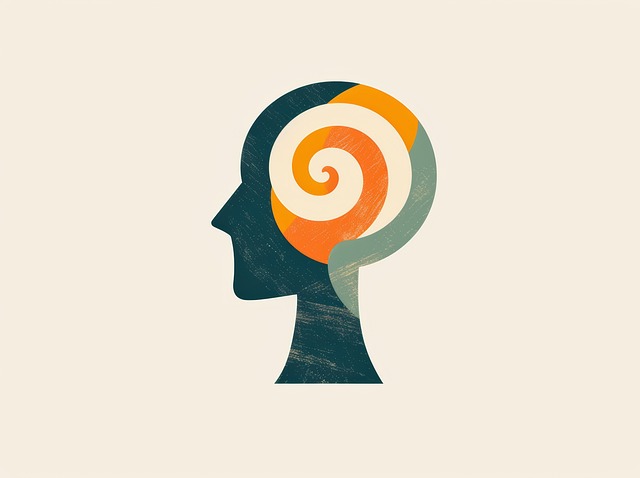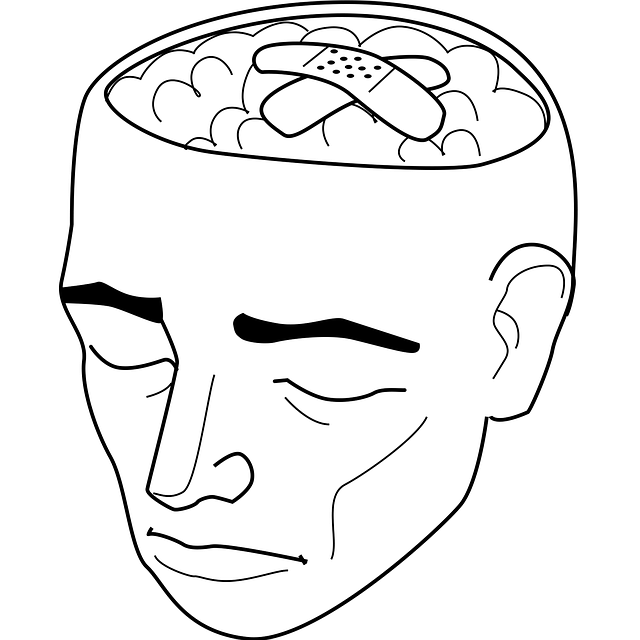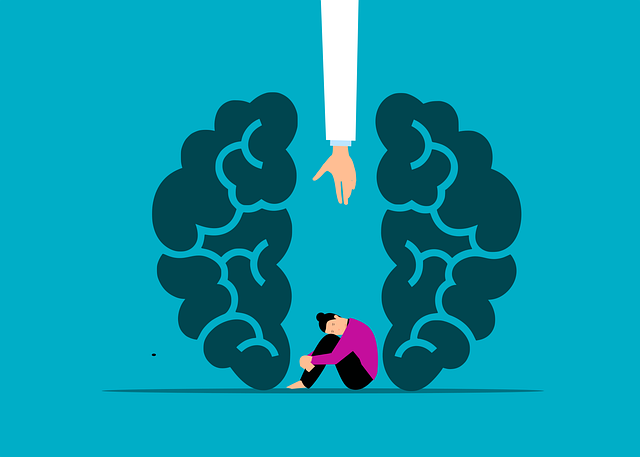In a stressful world, therapy for adults emphasizes key strategies like parenting skills, mindfulness, and mood management to combat chronic stress. Tailored therapeutic approaches empower parents to reduce burnout, improve self-compassion, and enhance relationships. Parenting skills training is vital for stress reduction, building resilience in both adults and children. Mindfulness practices recommended by therapy promote calmer mindsets, improving parenting responses to challenges. These techniques, integrated into daily life, lead to better mental well-being and healthier households.
Stress reduction is essential for adults, especially parents, facing demanding modern lifestyles. This article explores comprehensive strategies to mitigate stress and foster resilience. We delve into the profound impact of chronic stress on mental health, highlighting the transformative power of therapy for adults. For parents, we discuss specific parenting skills to build resiliency and manage stress effectively. Additionally, lifestyle changes and mindfulness practices are presented as practical tools to reduce daily stressors and cultivate a calmer mindset.
- Understanding Stress and its Impact on Adults
- The Role of Therapy in Managing Stress for Parents
- Building Resiliency: Effective Parenting Skills
- Lifestyle Changes to Reduce Daily Stressors
- Mindfulness Practices for a Calmer Mindset
Understanding Stress and its Impact on Adults

Stress is a pervasive aspect of modern life, particularly for adults juggling demanding careers and family responsibilities. Understanding its impact is crucial in navigating today’s fast-paced world. Chronic stress can lead to a range of physical and mental health issues, including increased risk of cardiovascular diseases, weakened immune systems, anxiety disorders, and depression. Adults often face unique stressors related to career pressures, financial obligations, and caregiving responsibilities, which can contribute to burnout if left unaddressed.
Therapy for adults plays a vital role in managing stress by providing tools and techniques tailored to individual needs. Parenting skills, specifically, are often a focus in stress reduction therapy, as effective coping strategies can be learned and adapted to navigate the challenges of modern life. Incorporating practices like mindfulness meditation and mood management techniques can significantly enhance an adult’s ability to handle stress. By prioritizing these self-care measures, individuals can prevent burnout, foster resilience, and improve overall well-being.
The Role of Therapy in Managing Stress for Parents

For parents juggling the demands of family life, work, and often multiple responsibilities, stress can become overwhelming. This is where therapy steps in as a powerful tool for managing and reducing stress levels. Professional therapy offers a safe space for adults to process their feelings, particularly those related to parenting challenges. Through various therapeutic approaches, individuals can learn effective coping strategies tailored to their unique situations.
One of the key benefits is the development of emotional healing processes that help parents process and regulate their emotions healthily. Compassion cultivation practices, for instance, have been shown to enhance self-compassion and reduce stress responses. Additionally, therapy sessions can focus on improving social skills training, which is essential for building a support network—a crucial aspect of managing long-term stress. By addressing these aspects, parents can gain better control over their mental well-being, fostering healthier relationships with themselves and their families.
Building Resiliency: Effective Parenting Skills

Building resilience is a crucial aspect of stress reduction, especially for adults who often juggle multiple responsibilities. Effective parenting skills play a significant role in cultivating this resilience in both children and themselves. Through therapy for adults, individuals can learn valuable strategies to navigate life’s challenges more adeptly.
Parenting involves teaching not just practical life skills but also emotional intelligence. Mental health awareness is enhanced when parents incorporate mindfulness meditation and self-awareness exercises into their daily routines. These practices allow them to remain calm under pressure, fostering a sense of security in their children. By modeling healthy coping mechanisms, parents contribute to the development of resilient individuals equipped to handle stress effectively, ensuring better mental well-being for all involved.
Lifestyle Changes to Reduce Daily Stressors

Making lifestyle changes is a powerful way to reduce daily stressors and promote overall well-being. For adults, incorporating regular exercise, healthy eating habits, and adequate sleep into their routines can significantly lower stress levels. Physical activity releases endorphins, which act as natural painkillers and mood elevators, while nutritious meals provide the body with essential nutrients to function optimally. Adequate rest is also crucial for emotional resilience, allowing individuals to better manage challenges throughout the day.
In addition to physical wellness, cultivating compassion within oneself and towards others can be a transformative stress reduction method. Practices like mindfulness meditation and gratitude exercises have been shown to enhance emotional healing processes and improve mood management. By adopting these skills, parents can create a more peaceful household environment, effectively managing their own stress while also teaching their children healthy coping mechanisms. Incorporating compassion cultivation into daily routines fosters a sense of connection and understanding, making it easier to navigate life’s challenges with grace and resilience.
Mindfulness Practices for a Calmer Mindset

Mindfulness practices have emerged as a powerful tool to cultivate a calmer mindset and enhance overall mental wellness. These techniques, often recommended by therapy for adults, involve focusing on the present moment without judgment. By integrating mindfulness into daily routines, parents can significantly improve their parenting skills. It allows them to respond to challenging situations with greater clarity and composure, fostering a more positive home environment.
In today’s fast-paced world, where stress and anxiety are prevalent, mental wellness coaching programs offer a structured approach to developing these practices. These programs often include strategies for depression prevention and provide a risk assessment for mental health professionals to ensure effective support. Through mindfulness training, individuals can learn to navigate life’s stresses, fostering resilience and promoting better mental health outcomes.
Stress reduction is a multifaceted approach, and by combining understanding, therapy, building resiliency through effective parenting skills, adopting lifestyle changes, and mindfulness practices, adults can cultivate a calmer mindset. These methods empower individuals to navigate life’s challenges more effectively while prioritizing their well-being. Whether seeking support through therapy for adults or enhancing parenting skills, there are valuable tools available to manage stress and promote a healthier, more balanced life.








